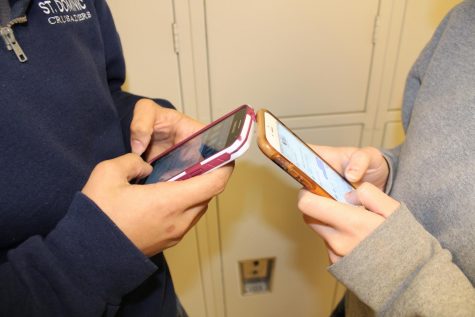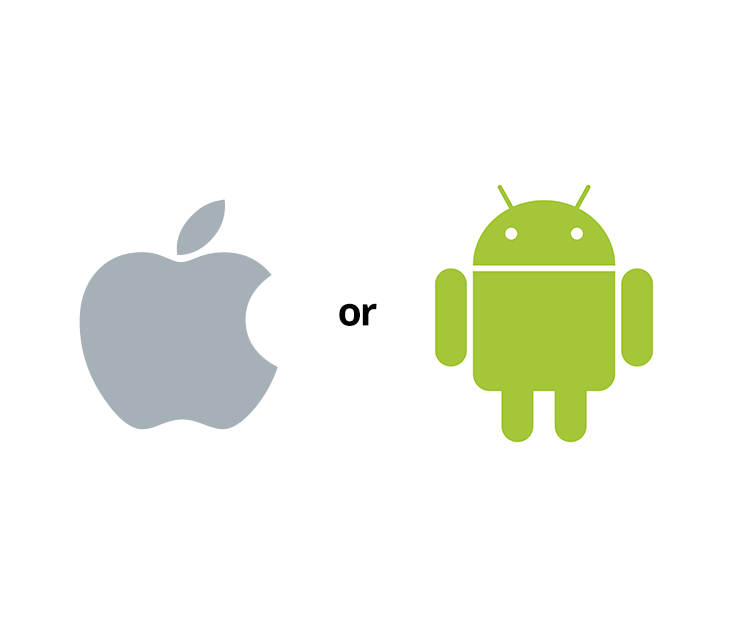iPhone vs. Android
In June of 2007, Steve Jobs released the first iPhone. In 2008, T-Mobile G1 announced the first Android smartphone and released it in November of 2009. Since then, these smartphones have taken the world by storm. But the question is: which phone is better?
The iPhone is powered by Apple’s iOS operating system, which Apple does not allow anyone else to use. This makes all Apple products unique and difficult to beat.
Android is a competing operating system, created by Google. Google licensed the operating system to a host of cell phone manufacturers. These manufacturers outfit their phones with various options and features to appeal to consumers at various price points, making it difficult to make a direct comparison of systems. Not all Android phones are even attempting to compete with the iPhones.
iPhones and Androids are both good phones, but there are certain qualities that push one over the other. For example, if you have an Android and you have an issue, you can just take the battery out to reset it for an easy fix. Unfortunately, you can’t do that for iPhones because the battery is inaccessible to users. So, even if you have a minor issue with your phone, you have to go to a shop and pay to get it fixed. Androids also have widgets that give you different information, split screens, the same charger for every electronic and the ability to add extra storage  with a microSD card.
with a microSD card.
Going along with the battery, there is one thing Androids and iPhones have in common: they both have some type of battery saving mode. Android phones have a special battery saving mode that can save your battery for up to eleven days. The iPhone has a similar setting called low power mode.
Although Androids are good devices, there are two features that make them undesirable. The first problem is that they can’t sync to other products. All of Apple’s products have the ability to sync up to each other. The second problem is group chats. Group chats with both types of phones don’t really work out. It seems like some Androids spaz out with group chats with Apple products. Other than not being able to sync up with other Apple products and having issues with group chats, iPhones are also way faster than Androids thanks to their iOS programming.
Overall, for some people the final decision comes down to price. Why pay $500-$1500 for an iPhone when you can pay around $300-$400 for an Android that has just as good quality? However, with Apple products, you can sync up to other products, get faster internet connection and have a more organized phone. Next time you take a trip to Best Buy, will you pick up an Apple or Android phone?

Briana Pulliam is a sophomore here at St. Dominic High School. She is involved in volleyball, CRU, Outreach, Chamber Choir, Theatre, Glamour Gals, A.D....


